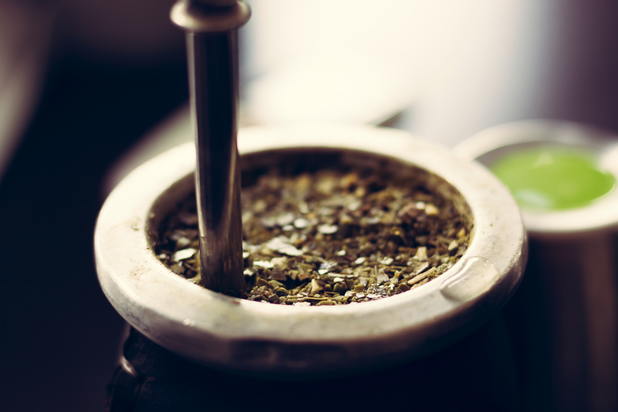Depression is a leading cause of disability around the world. The World Health Organization (WHO) indicates that more than 264 million people struggle with this condition, and close to 800,000 people die each year from suicide.
Medical professionals have spent decades experimenting with depression treatment options. Some methods have yielded great successes (antidepressants, psychotherapy), whereas others are now considered barbaric (lobotomies).
That said, all professionals agree that there isn't a single recovery method that works for everyone. Likewise, some people spend years floundering between different treatment options.
South Africans have used the Kanna plant for medicinal purposes for centuries. Today, it is making controversial headway in the US for depression treatment.
What Is Kanna?
The Kanna plant belongs to the Aizoaceae family of plants, which is part of a broader group of 1,800 South African species.
South Africans use Kanna in a variety of ways. They may chew, smoke, snuff, or brew the flower into a tea. Some people even give the substance to their pets to reduce symptoms associated with separation anxiety.
Kanna use isn't anything new. Historic accounts date back to the prehistoric era, where hunter-gatherers cited the plant for its stress-relieving effects. Stories as early as 1662 describe how Dutch navigator, Jan van Riebeek, traded with locals in exchange for Kanna.
Kanna is legal in the United States, and manufacturers sell it in a variety of forms.
What Are The Effects of Kanna
Kanna is most known for its mood-enhancing effects. In moderate doses, Kanna is associated with symptoms of euphoria and stimulant-like properties. In higher doses, sedation is one of the most common effects.
Kanna For Depression
Some people use Kanna for its antidepressant-like benefits. After all, it has been shown to improve mood and decrease symptoms of anxiety and stress.
Kanna acts similar to serotonin reuptake inhibitors (SRIs), which means they improve how serotonin responds with the brain. This effect is similar to how prescription antidepressant medications like Celexa, Zoloft, or Prozac operate.
Kanna for Anxiety
As mentioned, Kanna can provide relief for anxiety. Kanna users often report that Kanna can offer meditative benefits; some people say the enhanced ability to focus on their inner thoughts and gratitude.
These effects can boost self-confidence and interpersonal relationships. The combination of these benefits can help people in socially-anxious situations.
Side Effects of Kanna
There are many physical and psychiatric side effects to consider before taking Kanna.
Physical Side Effects
Kanna can increase blood pressure. According to the American Heart Association, over 100 million Americans have high blood pressure, a figure that represents almost half of all adults. That said, most people aren't aware of this underlying condition.
Moreover, Kanna can cause extreme drowsiness and sedation. For these reasons, users should not operate heavy machinery.
Finally, Kanna can be habit-forming. Users may develop a tolerance for the substance. When someone has a tolerance, they need more of the substance to feel the desired effects. This habit-forming nature contributes to much of the controversy surrounding the use of Kanna.
Kanna as a Legal MDMA?
Kanna has been compared to MDMA for its pleasurable and euphoric effects. Some users report intense feelings of love, happiness, and sexual desire when taking the substance. Some also report an improvement in cognitive abilities.
MDMA floods serotonin in the brain. Kanna, on the other hand, binds and inactivates serotonin transporters. This keeps your current serotonin levels stable and available. Kanna also allegedly activates cannabinoid receptors, which may cause some of its sedative, calming effects.
Final Thoughts
While Kanna has promising benefits, the research is relatively new. There are few evidence-based studies on its long-term complications. Thus, users must take precautions and be safe if they want to experiment with this substance.
Furthermore, people with histories of addiction need to be especially careful when outweighing the risks and benefits of Kanna. Because it can be habit-forming, there is a serious risk of misuse.
|
If you or someone you know is seeking help from addiction, please visit our directory of treatment centers or call 800-772-8219 to speak to a treatment specialist. |








